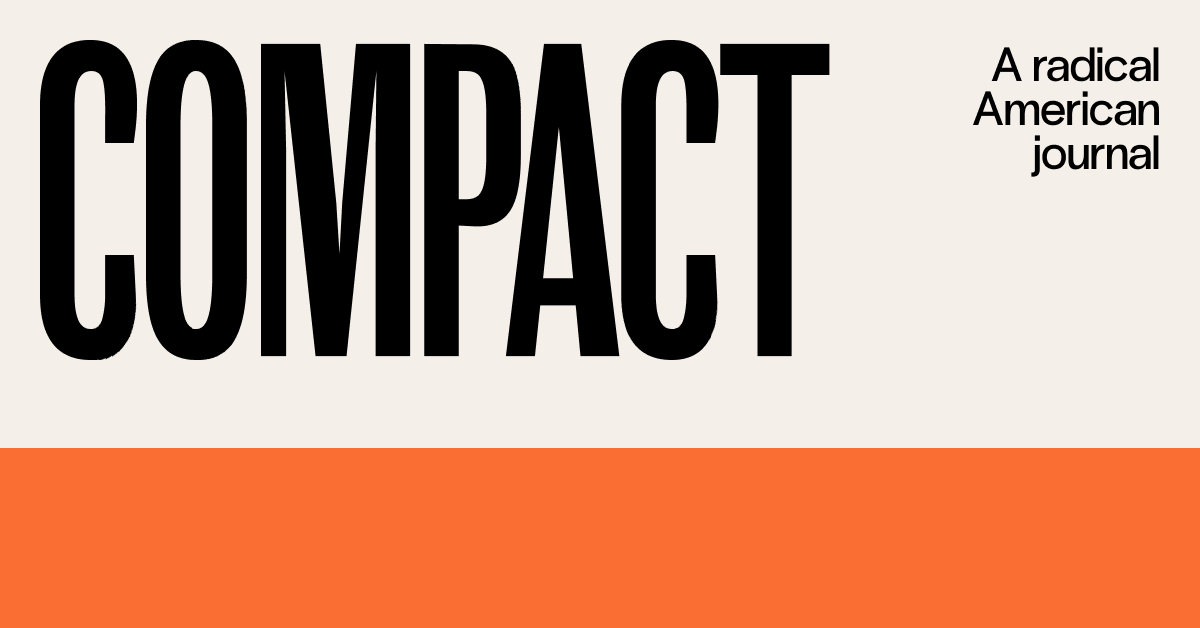What Woke and QAnon Share

Over the past eight or so years, a process of political radicalization has occurred that is perhaps unique in the history of the nation in its speed, scale, and scope. This process has affected both the left and the right. Debate has raged over what is driving it; prime suspects include technology, economics, and racial resentment. All of these have some explanatory relevance, but none fully accounts for the parallel developments that have occurred in seemingly disparate settings.
Consider two examples, different in their scale and impact, but betraying a certain formal similarity.
Around 2014, one began to hear that the uniformly progressive inhabitants of the academic humanities—people who thought, wrote, and spoke as much about racial justice as perhaps anyone in human history—were insufficiently concerned with the problem of race. A little while later, the notion took hold that literary studies was not only insufficiently concerned with racial justice, but was actually white supremacist in its outlook and operations. Many of the things said by professors supposedly in favor of racial justice turned out, when examined closely, to mean the opposite. Perhaps, it followed, the real goal of literary studies should be to combat white supremacy; perhaps, for that matter, literary studies’ focus on the value of literature was itself a symptom of white supremacy, and the discipline needed to be abolished altogether, or at least reimagined entirely.
On the broad political right, around the same time, a different series of steps advanced “the conversation.” Many denizens of right-wing talk radio and internet culture, people who were about as suspicious of the government as anyone in history, began to think that they were actually insufficiently suspicious of the government. Many of the anti-government things said in that sphere began to seem naive. Before long, a substantial subset of people started to assert that the government, at its highest levels, was run by a cabal of Satanic pedophiles.
Most people have come in contact with at least something like the scenarios sketched above, and there’s obviously much to be said about the particular topics radicalizing groups fixate on, the groups they choose to vilify, the social or economic backgrounds of the individuals drawn into these “conversations,” the role of new technologies, and more. But the fundamental form of this radicalization process has received less attention. How do we get from the first step to the last? How do we get, that is, from a few people putting their toes just outside the line of consensus opinion in their community to a situation where majorities or large minorities hew to orthodoxies regarded by outsiders as entirely detached from reality?
The process, for starters, has a spontaneous, emergent character, with no need for top-down direction. While there might be individuals who at the start of the process of radicalization already believe the ideas characteristic of its later stages, typically such individuals aren’t recognized as leaders, and only are endowed with prophetic insight after the fact. No leader or institution knows the full truth about the extent and nature of racism in English departments or the extent and nature of government corruption. Powerful institutions and leaders are constantly playing catch-up to the latest discoveries. They constantly and pathetically assure their audiences that they are “listening” to the conversation, and that they are trying to “learn” from it.
“Becoming ‘woke’ is not a matter of simply adopting the correct positions.”
This contemporary process differs subtly from earlier phenomena that may seem at first to resemble it. Compare the 1990s notion of “political correctness” with its successor, “wokeness.” Both terms originated as left terms that were then adopted by their enemies, and one can often learn something about the state of a discourse by listening to how its enemies describe it. The idea of correctness imagines a relatively fixed standard to which one adheres. One could become correct by adopting a well-defined set of positions and altering one’s speech in certain ways.
Becoming “woke,” in contrast, isn’t a matter of simply adopting the correct positions. Rather, one must open oneself to a ceaseless process of transformation, an evolution in the direction of an all-seeing, impossible-to-deceive, never-to-sleep-again state of enlightenment. While “woke” is typically applied to progressive radicalization, the term could with equal justice and equal insight be applied to the opposite end of the political spectrum, which has similarly moved from a set of correct conservative positions, to constant movement in a rightward direction.


